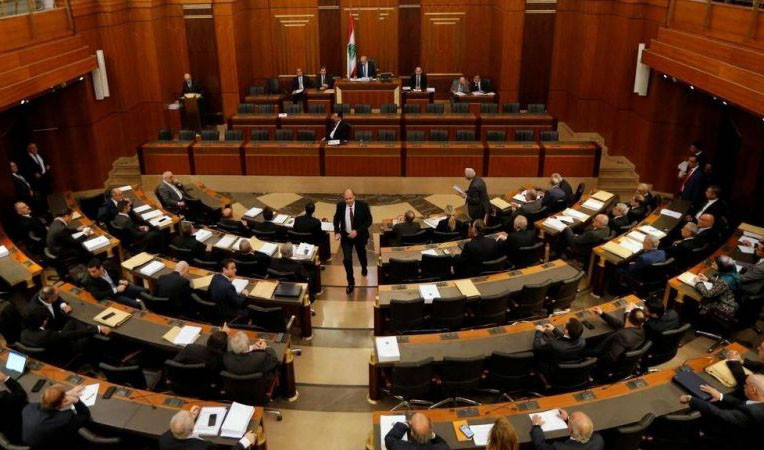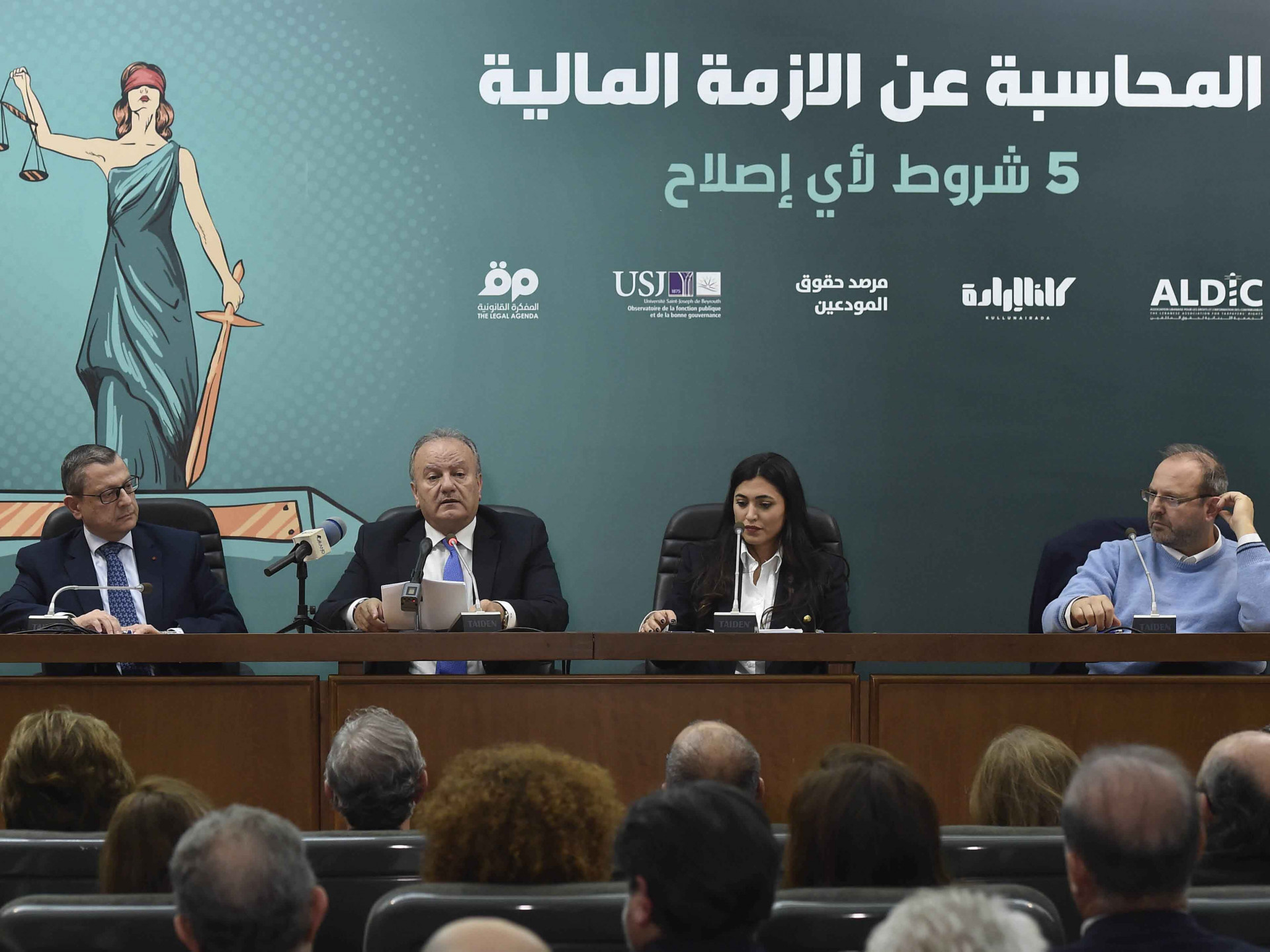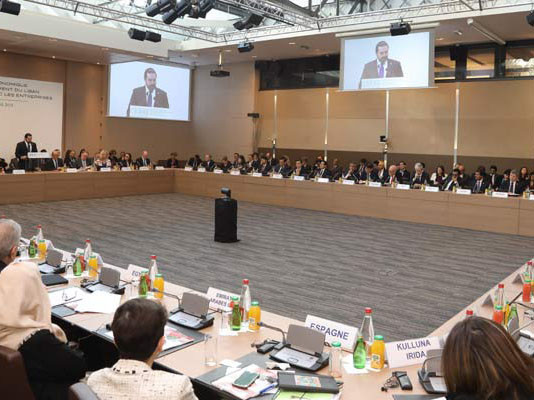Members of Parliament are invited to convene in two sessions to discuss the 2020 budget on the 27th and 28th of January 2020. The budget relies on a significant and artificial reduction of the cost of servicing the local debt, without dealing with the stock of debt. We are worried that such temporary solutions would only postpone the inevitable while increasing the cost on society through inflation and the devaluation of the Lira.
Kulluna Irada warns against the adoption of a law that fails to address the major crisis Lebanon is facing. The utmost emergency today is to put in place an immediate and comprehensive solution to the crisis, on the monetary, financial and social levels. Time should no longer be wasted in further attempts to kick the can down the road, while Lebanese citizens are losing their jobs by the day and falling into extreme poverty.
We therefore call upon Parliament to refrain from voting on this draft budget law.
And we call upon the new Government to swiftly present its ministerial statement for the vote of confidence and proceed to dealing with the urgent financial crisis at hand. We also urge the Government to withdraw the draft budget law and commit to presenting a new one which should fall within the framework of a fair and comprehensive rescue plan which responds to the aspirations and demands of the Lebanese people and includes the restructuring of the debt and the financial sector. This should be achieved within one month at the latest, given that an important debt maturity awaits us in March of 2020.
The full paper is available below for download as pdf.


.jpg)






